Annotation for the course programs in the subject "Origins"
Course title
Origins
Class
5-9 FSES
Number of hours
170
Educational and Methodological Complex (EMC)
Approximate program on Origins by A.V. Kamkin, I.A. Kuzmin
Textbooks
A.V. Kamkin "Origins" 5th grade, A.V. Kamkin "Origins" 6th grade, A.V. Kamkin "Origins" 7th grade, A.V. Kamkin "Origins" 8th grade, A.V. Kamkin "Origins" 9th grade
Course aims and objectives
The goal of the "Origins" course is to master the system of leading value orientations of Russian civilization, connecting with the stable "core", "code", and meanings of native culture.
Development of the internal, spiritual world of the student in order to realize themselves as an active subject of preserving and enhancing the spiritual-moral and socio-cultural experience of the Fatherland.
In terms of personal development, the "Origins" course aims to define a student's own views on serving the Fatherland, to nurture qualities of patriotism, civic responsibility, stable and selfless attachment to the Fatherland, their hometown, family, and fellow countrymen, and to form students' orientation towards the basic spiritual and moral values of Russian culture, thus contributing to the formation of students' life position.
In terms of socialization, the "Origins" course is designed to define and develop their orientation in the contemporary socio-cultural environment, in domestic spiritual and cultural heritage, and to contribute to the formation of their civic and cultural identity. By raising students as worthy representatives of their culture, knowing, feeling, and accepting its ideals and values, the course also creates conditions for the formation of students' skills in cooperation in a modern multi-ethnic and multi-cultural society, striving for social consolidation and stability of Russian society.
In terms of preparing students for professional activities, the "Origins" course is aimed at leading them to an understanding of the spiritual and moral meanings of the most important types of human activities (work, entrepreneurship, service, creativity, etc.), expanding their cultural competence, and forming a conscientious attitude to work.
Program structure
Explanatory note
-
Goals and objectives of the "Origins" course
-
General characteristics of the course
-
Determination of the place of the course in the curriculum
-
Personal, meta-subject, and subject results of learning
-
Content of the course
-
Thematic study plan
-
Criteria and standards for assessing students' knowledge, skills, and abilities
-
Description of the material and technical educational, methodological, and informational support of the educational process
-
Control and assessment tools
Course title
Origins
Class
5-9 FSES
Number of hours
170
Educational and Methodological Complex (EMC)
Approximate program on Origins by A.V. Kamkin, I.A. Kuzmin
Textbooks
A.V. Kamkin "Origins" 5th grade, A.V. Kamkin "Origins" 6th grade, A.V. Kamkin "Origins" 7th grade, A.V. Kamkin "Origins" 8th grade, A.V. Kamkin "Origins" 9th grade
Course aims and objectives
The goal of the "Origins" course is to master the system of leading value orientations of Russian civilization, connecting with the stable "core", "code", and meanings of native culture. The course is aimed at developing the internal, spiritual world of the student in order to realize themselves as an active subject of preserving and enhancing spiritual-moral and socio-cultural experiences of the Fatherland.
Objectives:
-
Developmental:
-
Development of the internal, spiritual world of the student in order to realize themselves as an active subject of preserving and enhancing socio-cultural experience.
-
Development of cognitive interests, intellectual and creative abilities, spiritual-moral values, and independent acquisition of new knowledge.
-
-
Educational:
-
Nurturing love for their country, skills of effective cooperation, integration of education and upbringing into a unified educational process based on the values of native culture.
-
-
Educational:
-
Accumulation of socio-cultural experience;
-
Formation of civic responsibility and awareness among students, their parents, and educators of the spiritual meaning of serving the Fatherland.
-
Program structure
Explanatory note
-
Goals and objectives of the "Origins" course
-
General characteristics of the course
-
Determination of the place of the course in the curriculum
-
Content of the course
-
Thematic study plan
-
Criteria and standards for assessing students' knowledge, skills, and abilities
-
Description of the material and technical educational, methodological, and informational support of the educational process
-
Control and assessment tools
Hvordan Fourier-serier og Randverdi-problemer er grunnlaget for ingeniørfaglige anvendelser
Hvordan bygger man avansert robotprogrammering med ROS2 og Python?
Hvordan V2X-teknologi og tilkoblede kjøretøy påvirker stabiliteten i kjøretøynettverk
Hvordan modellere bilde-navngivningsevner i afasi ved hjelp av MPT-modeller
Hvordan Navigere Gjennom Polarisert Tale, Konspirasjonsteorier og Forurensede Medielandskap
KOSAK REISTE LANGT BORT FRA HJEMMET
Ermak Timofejev: Dødens Kamp ved Irtysh
Klubbtime "Vi fostrer patrioter" Tema: "Heltene fra det gamle Russland" (1. klasse)

 Deutsch
Deutsch
 Francais
Francais
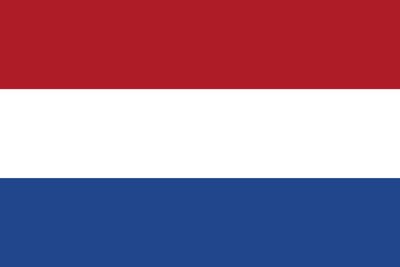 Nederlands
Nederlands
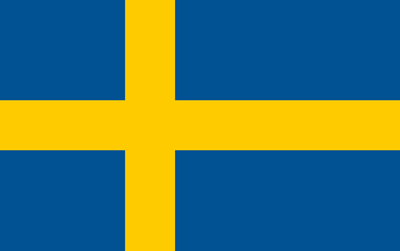 Svenska
Svenska
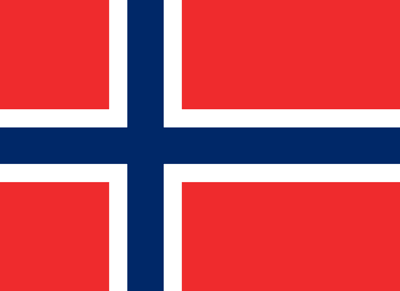 Norsk
Norsk
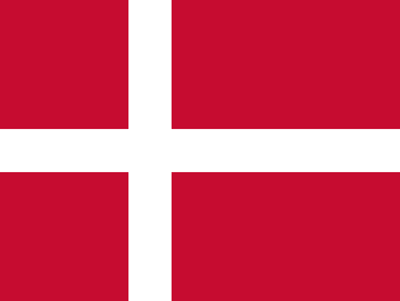 Dansk
Dansk
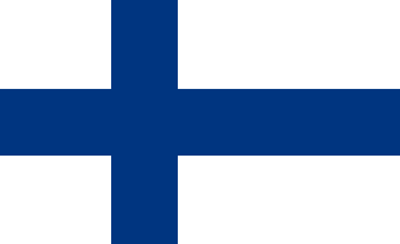 Suomi
Suomi
 Espanol
Espanol
 Italiano
Italiano
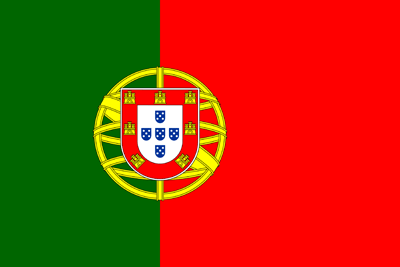 Portugues
Portugues
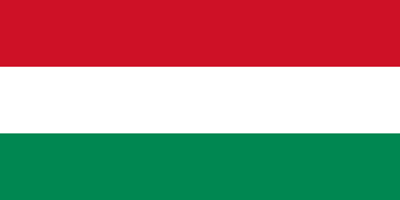 Magyar
Magyar
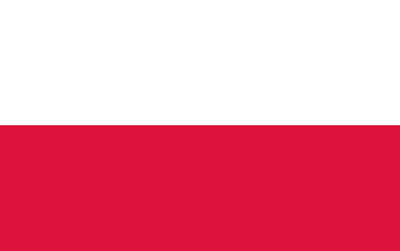 Polski
Polski
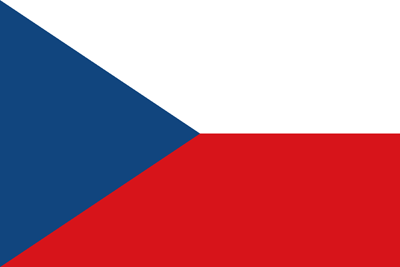 Cestina
Cestina
 Русский
Русский